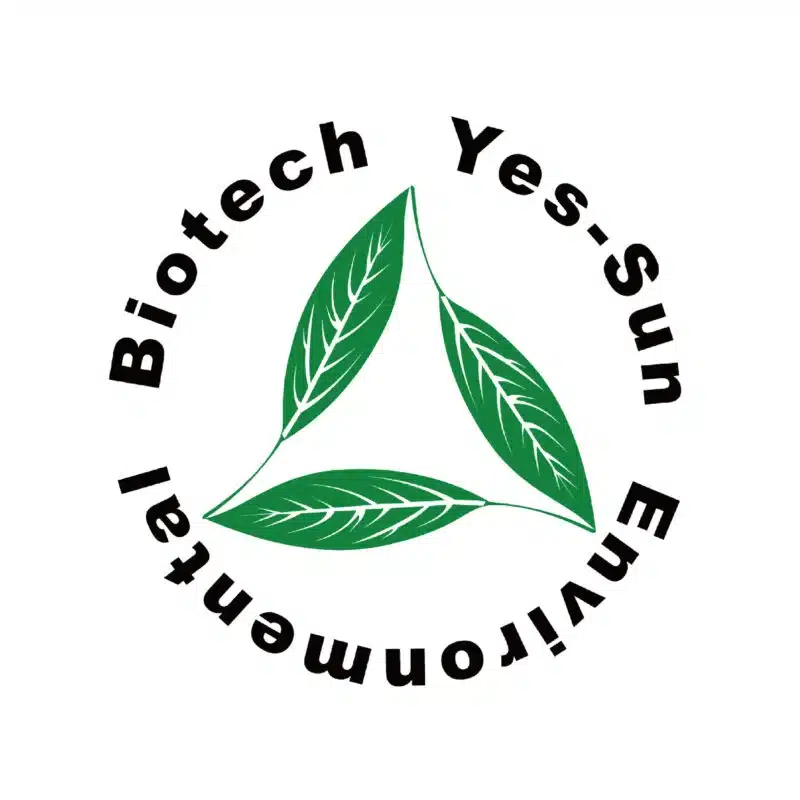POSTED BY: KEN MCENTEE JUNE 1, 2021
Composting is central to healthy soil, clean air and water
During International Compost Awareness Week (May 2-8), Frank Franciosi, president of the U.S. Composting Council, emphasized the critical role of compost manufacturing and use in fostering healthy soils, clean air and water, a stable climate, and a sustainable society in an interview with the USDA. Highlighting the council’s mission, Franciosi pointed out the environmental and economic benefits of composting, especially in terms of diverting food scraps from landfills, reducing greenhouse gas emissions, and generating employment.
Composting food waste is seen as a pivotal strategy in mitigating climate change. By preventing the production of methane—a potent greenhouse gas—through the aerobic decomposition process in composting, significant reductions in emissions can be achieved. Moreover, compost enriches soil, sequestering carbon and recycling nutrients back into the earth.
The U.S. Composting Council, along with its sister organization, the Compost Research & Education Foundation, is dedicated to advancing composting through scientific research, awareness, education, and policy support. They offer resources, training, and certification for a wide audience, from backyard enthusiasts to municipal and large-scale operations.
Franciosi noted a marked increase in food scrap composting over the past decade, with municipalities across the United States, including San Francisco, Boulder, Austin, Phoenix, and Minneapolis, pioneering curbside collection programs. This growth is complemented by a surge in community composting initiatives and increased consumer demand for sustainable organic waste management solutions. States like California, Connecticut, Massachusetts, New Jersey, New York, Oregon, Vermont, Washington, and Maryland have enacted regulations to encourage composting and divert organics from landfills and incinerators.
The key message from Franciosi is the recognition of food scraps as a valuable resource that should be diverted from landfills to composting facilities. He advocates for community support for source-separated composting, emphasizing the need to reconfigure the existing waste management infrastructure to leverage the benefits of composting for soil health and environmental sustainability.
Discover the future of waste management with composting free technology
Handling organic waste properly can be challenging due to the unpleasant smell and dirty water produced during the composting process. Despite the availability of various composting technologies and equipment in the market, time and pollution remain significant concerns. However, a novel technology that combines patented equipment and enzymes offers a potential solution. This innovative approach can convert organic waste into fertilizer in just a few hours, and most importantly, without causing pollution.
Learn more


 中文 (台灣)
中文 (台灣) Bahasa Indonesia
Bahasa Indonesia Tiếng Việt
Tiếng Việt Bahasa Melayu
Bahasa Melayu Français
Français Español
Español Português
Português